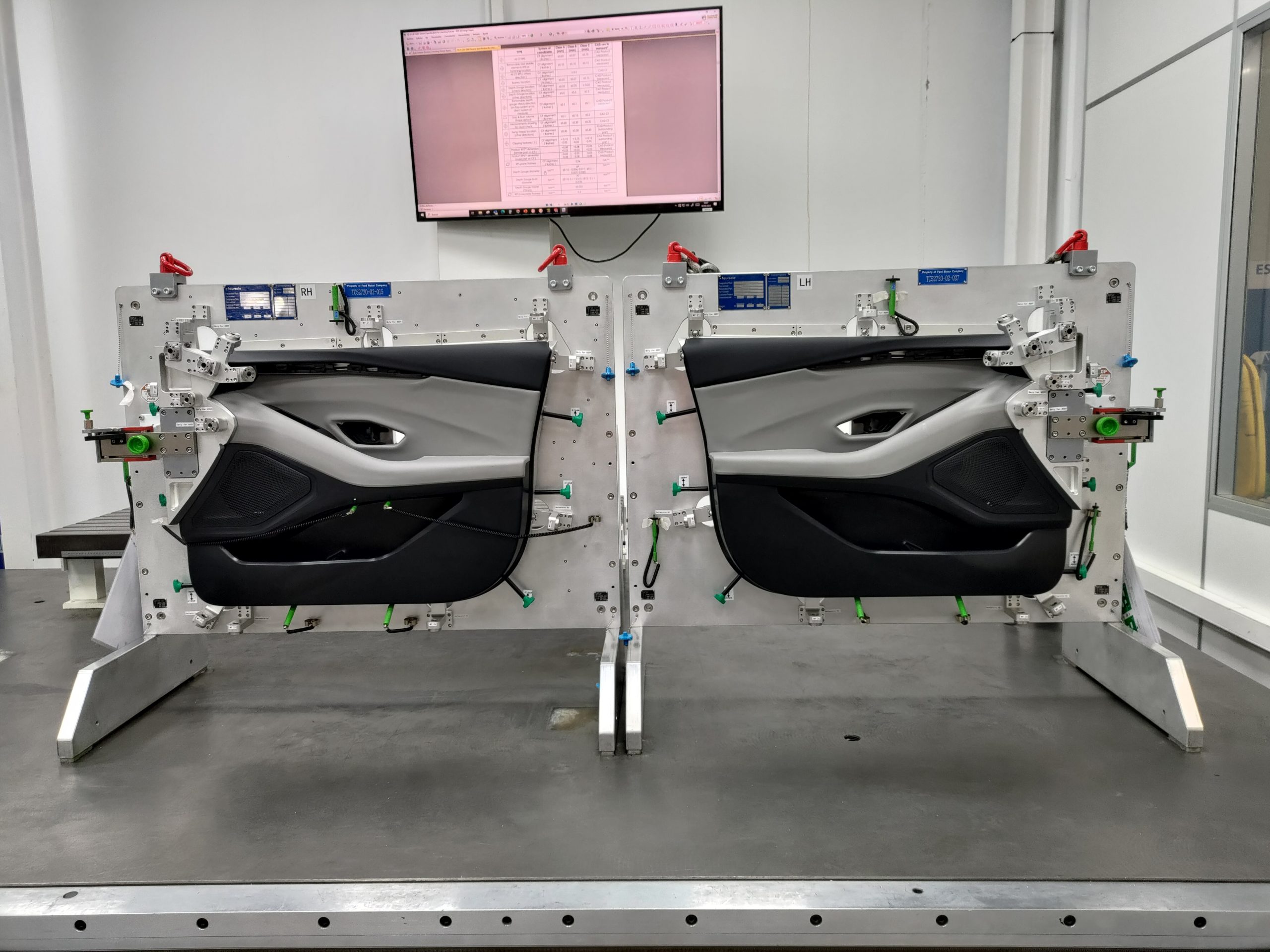
Thickness control is one of the most common applications for feeler gauges. These tools are used to accurately measure the thickness of materials such as metal foils, plastics or textiles. In the packaging industry, for example, feeler gauges are used to ensure that materials used in the manufacture of packaging meet the required specifications. Also, in the automotive industry, feeler gauges are essential to ensure the uniformity and quality of sheet metal used in the manufacture of automobiles.
Another important application for checking gauges is dimensional verification. These tools allow accurate measurement of lengths, diameters, angles and other critical dimensions on various products and components. In the aerospace industry, for example, checking gauges are used to verify the accuracy of parts used in the construction of aircraft and satellites. This ensures that components meet the required standards and that there are no deviations that could affect aircraft performance and safety.
Checking gauges play a key role in the quality control of manufactured products. These tools verify that components and end products meet established tolerances and specifications. In the electronics industry, for example, checking gauges are used to ensure the accuracy of printed circuit boards and the correct positioning of components. Similarly, in the pharmaceutical industry, these tools are essential to ensure the accuracy of drug dosing and the quality of packaging.
Check gauges are also used for the adjustment and calibration of equipment and machinery in the industry. These tools make it possible to check and correct possible deviations in the accuracy of measuring instruments. In the mechanical industry, for example, check gauges are used to adjust and calibrate machine tools, thus ensuring accuracy in machining processes. Furthermore, in the metrology industry, these tools are essential for the calibration of measuring equipment, ensuring the traceability and reliability of the measurements taken.
Control gauges also find applications in surface and finish inspection. These tools measure roughness, flatness and other surface parameters to ensure the quality and functionality of products. In the furniture industry, for example, feeler gauges are used to check the evenness of furniture surfaces and the quality of finishes. Similarly, in the metalworking industry, these tools are essential for inspecting the roughness of metal surfaces to ensure that they meet aesthetic and functional requirements.